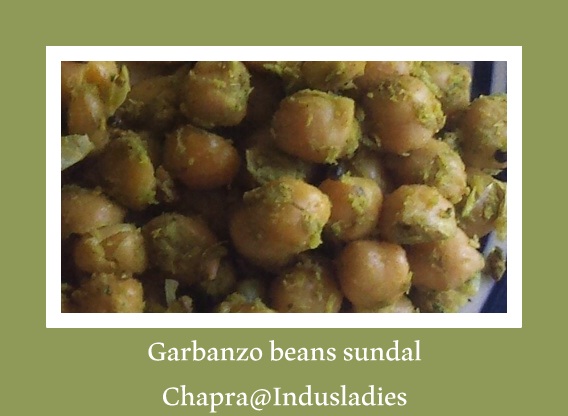There are times when I wish I lived in a colder region, where I wouldn’t have to worry about food getting soiled, or attacked by insects and pests, or growing something new!
Don’t get me wrong, I love the rains and greenery, as much as the next person. But the Indian monsoon poses a real challenge for us homemakers, when it comes to keeping food dry and safe to consume.Food storage and food preservation are two important areas that require a lot of attention, especially during the monsoons.
Monsoons provide the ideal humid climate for microorganisms to grow and flourish. These tiny beings attack anything and everything from grains, to vegetables, to pulses and dairy products. However, with correct preservation and storage techniques, we can keep our food items stay fresher and last longer.
Pulses
Dry roasting pulses and storing them in airtight containers can increase their shelf life. You can even microwave them for 2-3 minutes and store them after cooling them down a bit. However, pulses that can be sprouted, such as kidney beans, chickpeas and Kabuli Matar should be stored in the refrigerator. You can also add boric powder to these dals, but make sure you wash them thoroughly before each use.
Grains
A few Neem leaves added to rice and other whole grains can prevent them from spoilage. Dried turmeric or boric powder can also be used. For storing flour, you can use bay leaves to prevent moisture from creeping in. Sooji or semolina, and porridge (broken wheat) also require proper storage, and can be dry roasted and kept in the refrigerator.
Sugar and Spices
The best way to store spices such as red chili powder, coriander powder, and turmeric is in air tight containers in the refrigerator. Freezing is also an option. For salt, you can put a few grains of rice or cloves in its container, to absorb any excess moisture. This can be done with red chili powder as well. Bay leaves can be added to whole spices like cardamom, black pepper, cumin seeds and coriander seeds to keep them fresh and dry. Cloves can also be added to sugar to keep it from becoming lumpy.
Fruits and Vegetables
Wrapping vegetables such as cauliflower, spinach, coriander, beans, carrots, cabbage and capsicum in newspapers before sealing them in zip lock bags is a foolproof method to keep them fresh. Green, leafy vegetables can last for up to a week this way. Fruits should always be stored in refrigerators. Try to keep them whole in the open. Cut fruit can be wrapped in cling foil and stored for an extra day. Dry fruits such as cashews, pistachios, almonds and walnuts should be kept in zip lock bags and stored in the freezer.
These few simple tips can help manage the monsoon monster better and keep our food from becoming rotten early.






